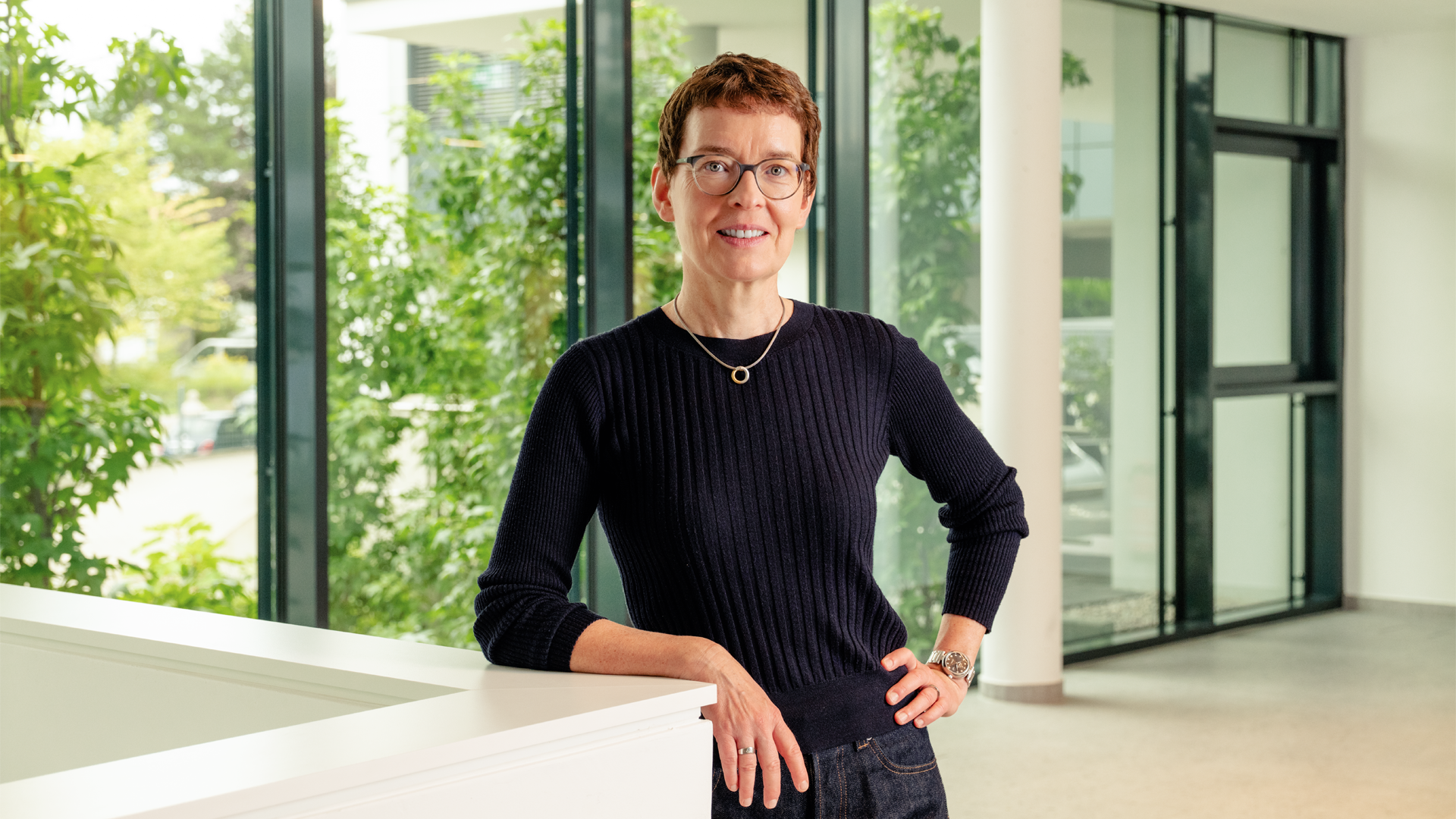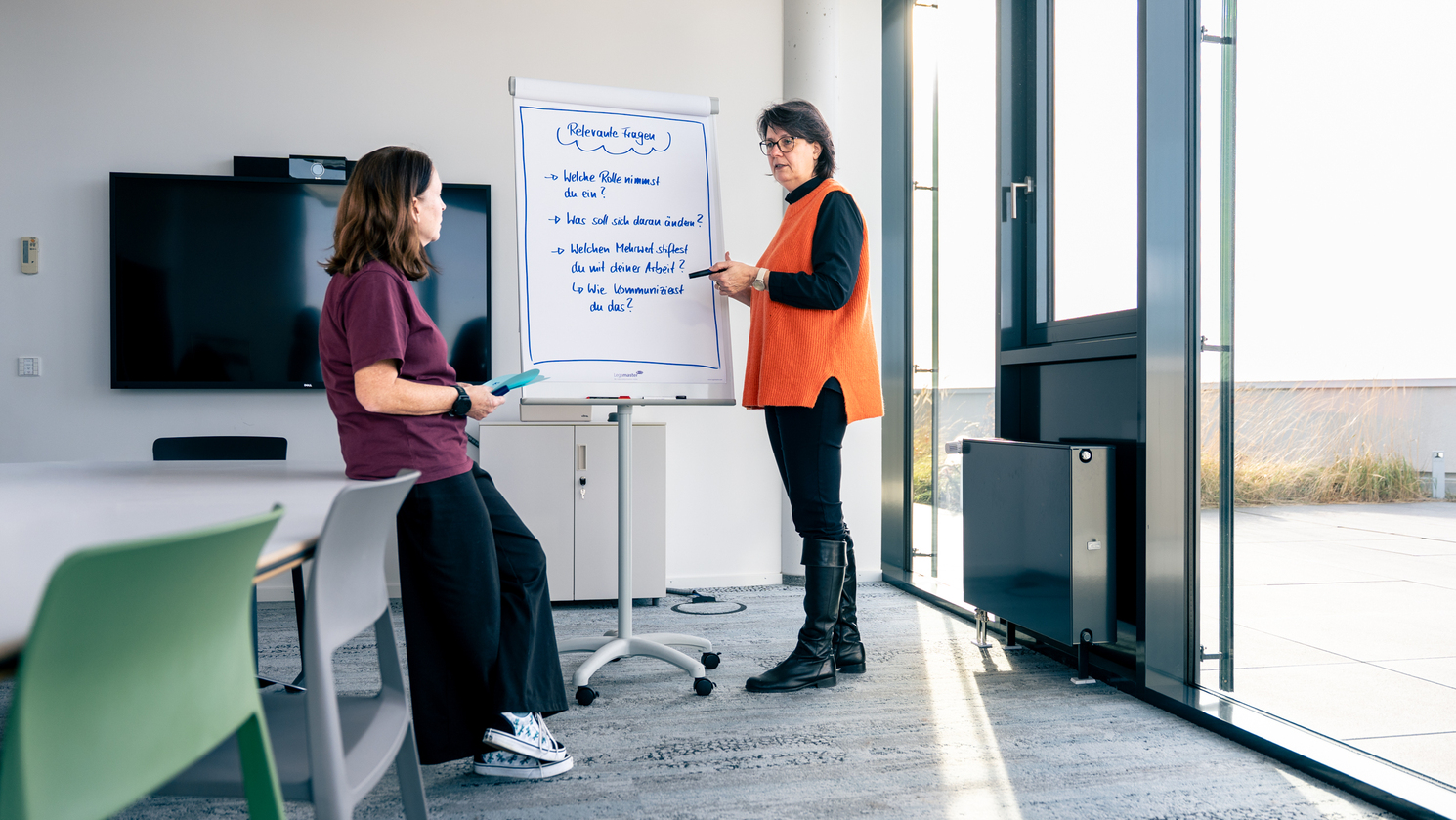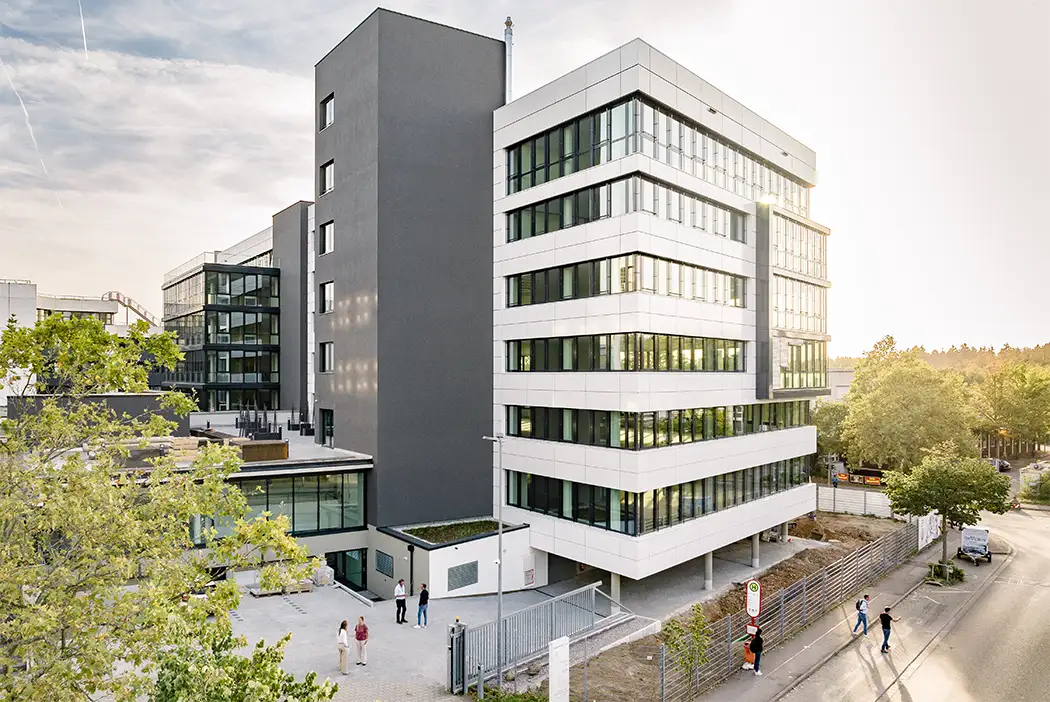Aktuelles auf einen Blick.
Pressemitteilungen.
Immer auf dem Laufenden bleiben?
Media Center.
Das zur Verfügung gestellte Medienmaterial (insb. Fotomaterial der Geschäftsführenden, sonstige Bilder, Logo etc.) und der Inhalt dieser Website https://www.haufegroup.com dürfen ausschließlich für redaktionelle Zwecke verwendet werden. Jede sonstige, insbesondere kommerzielle Nutzung ist ausdrücklich ausgeschlossen. Sämtliche Markenrechte und Nutzungsrechte an den urheberrechtlich geschützten Werken aus dem zur Verfügung gestellten Medienmaterial liegen bei der Haufe Group SE und ihrer (gem. §§ 15 ff. AktG) verbundenen Unternehmen. Haufe Group SE gewährt an dem überlassenen Medienmaterial ein einfaches, nicht-übertragbares Nutzungsrecht ausschließlich für redaktionelle Zwecke. Eine Bearbeitung oder sonstige Veränderung ist ausdrücklich nicht gestattet. Nutzung nur im Original, unter Nennung der im Bild sowie in Copyright Hinweisen hinterlegten Bildquelle und ggf. vorhandener Urheberkennzeichnung. Besondere Einschränkungen zur Nutzung der Bilder können sich aus der Bildunterschrift oder aus den Metadaten ergeben. Das Nutzungsrecht ist zeitlich beschränkt auf die Dauer der Veröffentlichung auf www.haufegroup.com





















.jpg)
